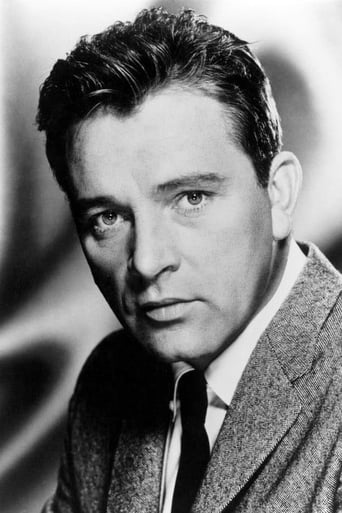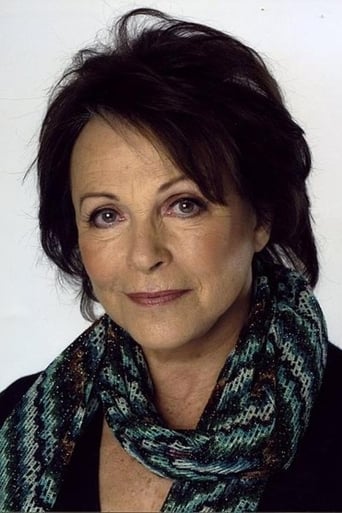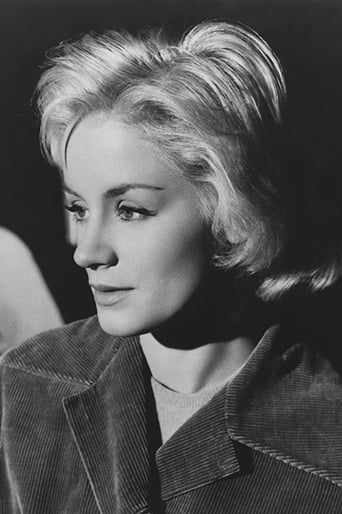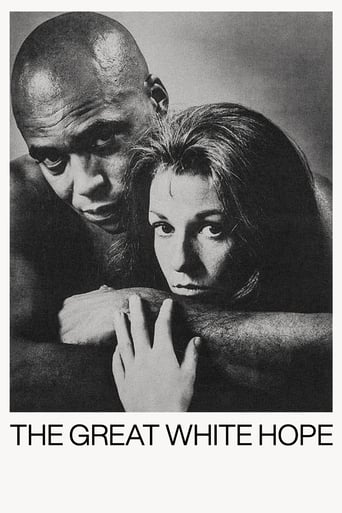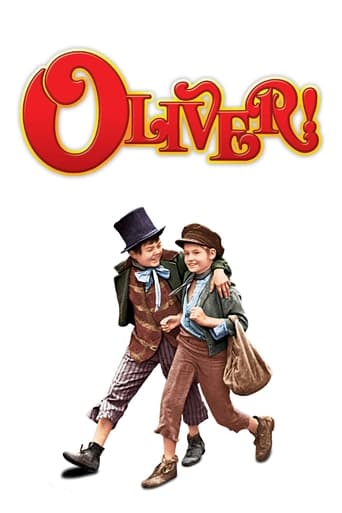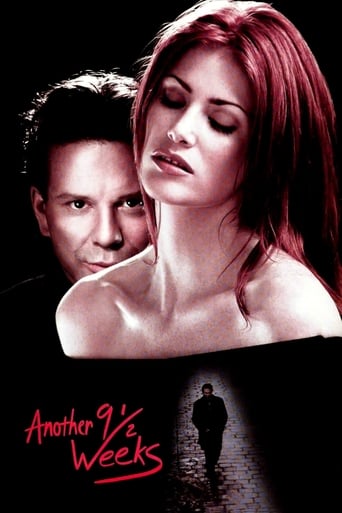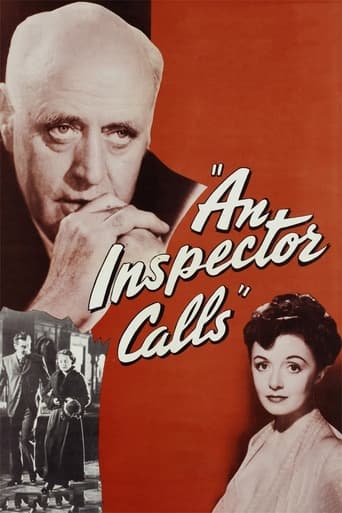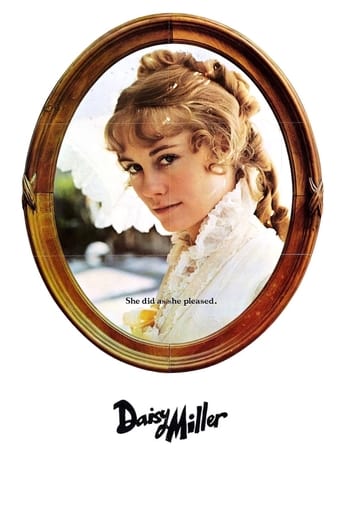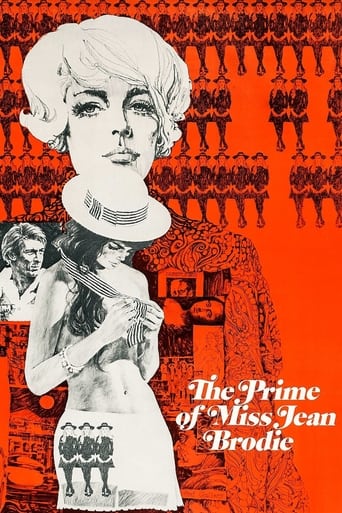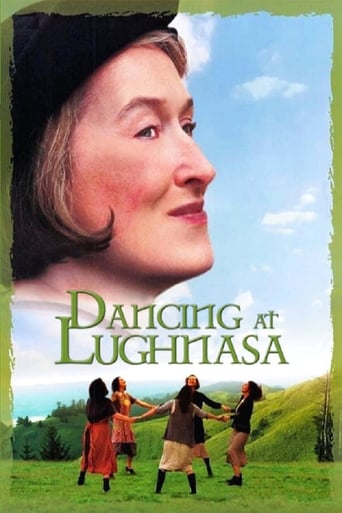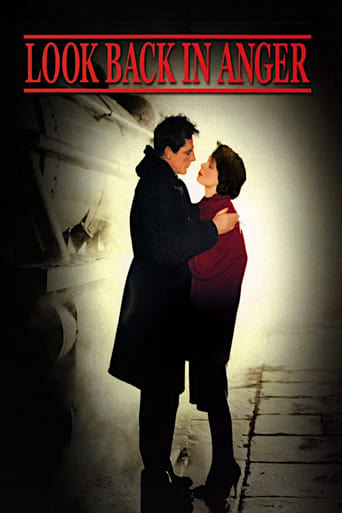
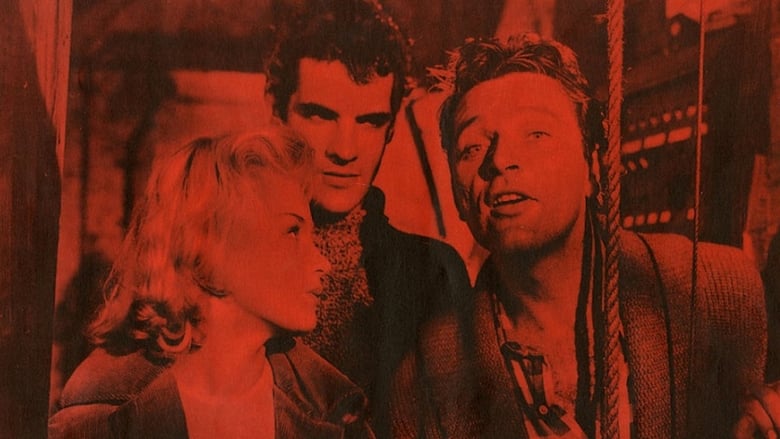
Look Back in Anger (1959)
A disillusioned, angry university graduate comes to terms with his grudge against middle-class life and values.
Watch Trailer
Cast
Similar titles
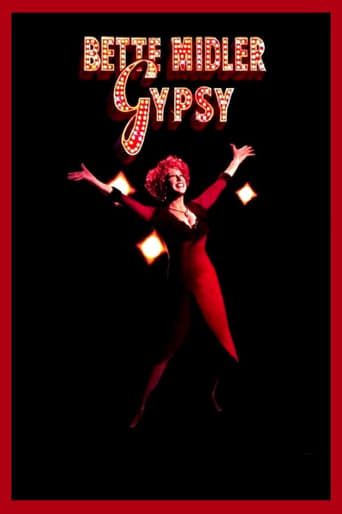
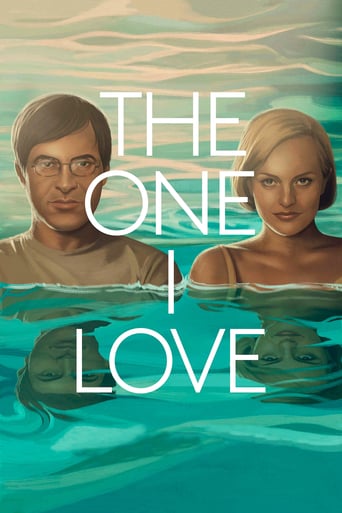
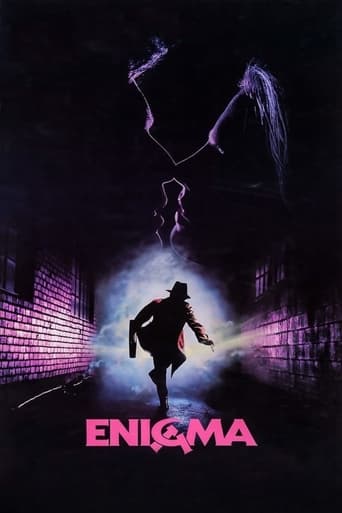
Reviews
Good movie but grossly overrated
Great movie! If you want to be entertained and have a few good laughs, see this movie. The music is also very good,
There's no way I can possibly love it entirely but I just think its ridiculously bad, but enjoyable at the same time.
Exactly the movie you think it is, but not the movie you want it to be.
"Look Back in Anger" marked the beginning of what would become known as the "Kitchen Sink" drama. In addition, John Osborne's play signalled the beginning of a new breed of actor in the British acting industry. There would be actors who would make plays and films which would reflect life in Britain as it really was. If Richard Burton had made more films like the above, then his film career would have been infinitely more satisfying. He is a tower of strength as the original angry young man, Jimmy Porter. Suffering from having an inferiority complex and also a chip on his shoulder, he voices his anger and unhappiness upon his long- suffering wife (well played by Mary Ure). Claire Bloom scored a triumph as Porter's lover. Richard Burton's highly distinctive Welsh voice is put to full use and exercises a wide range of emotions as a result. The film is an excellent adaptation of the play and it highlights the struggles of one man who feels he doesn't belong anywhere except where he is - running a market stall 5 days a week. He was actually a university student and is reduced to wasting his potential. His bitterness is aimed at his in-laws, his mother- in-law in particular. The way he describes her in a tone of mockery and being smarmy, sums up the situation pretty well. You never quite know when the next verbal assault will happen and you brace yourself for when it does. Underneath the anger, there lays a sadness and vulnerability about Porter. His affair with Claire Bloom reveals a more calm and sensitive side to his personality. The scene at the beginning which takes place on a Sunday morning, shows Jimmy Porter staring out the window at the nearby church. The church bells are ringing and Porter screams at the top of his voice, wanting the ringing to cease. Such fiery passion is produced by Burton's voice, I have rarely witnessed such a vocal display. The only other exceptions I can immediately think of, are Robert Shaw, Rod Steiger, Marlon Brando, Gene Hackman and Patrick McGoohan. This is a landmark film and it is just as powerful now as it was back in the 1950s.
This film was based on John Osborne's very successful autobiographical play. When a press release of Osborne's 1956 play called him an 'angry young man,' this coined the phrase and started the movement.As the movie begins, we see Jimmy Porter (Richard Burton) with his trumpet jamming at a jazz club. This may be one of Jimmy's freeist and happiest moments in the whole movie, because here he is free to be rebellious, and the audience in the jazz club loves it and appreciates it. When he gets home to his cramped attic apartment, he must face his demons---life with his wife, Alison (Mary Ure) and their friend, Cliff (Gary Raymond), who cohabits the apartment with them and serves as sort of a peacemaker between them, just by his presence. As Jimmy rants, we realize that he is from the lower class and Alison is from the upper- middle class. Before they were married, Jimmy had to campaign hard against her family's disapproval in order to marry her. Jimmy's anger is not so much against Alison as it is against what she stands for by continuing to write letters to her mother. He hates to compete against Alison's family for her love. He wants her to make a decision between him or them, and Alison is unable to do it: reference in continually made to her as a fence sitter—unable to commit to one side or the other.For income, Jimmy and Cliff operate a sweet stall in a public market that is owned by Jimmy's friend, 'Ma' Tanner (Edith Evans). Ma makes an appearance to see how her investment is going. But, the symbol of evil petty middle-class values is best shown by the constant badgering from the market's inspector, Hurst (Donald Pleasence), who is always threatening to have them closed down for one violation or another. Next, we find out that Alison is pregnant and, temporarily, wants to abort the baby. She first tells Cliff about the pregnancy; Cliff urges her to tell Jimmy about the baby as soon as possible. But, before she can tell Jimmy, he learns that Alison's friend, Helena (Claire Bloom), is going to stay with them for a week while acting in a local play. Jimmy openly despises Helena. As tensions grow, Alison returns to live with her parents after Helena sends them a telegram to come and rescue her. When Cliff learns of this, he leaves Helena behind to give Jimmy the news about Alison's departure. Jimmy is angry because he is informed by a note that Alison left behind with Helena rather than in person. As far as Alison having a baby is concerned, he 'could care less' because he has been busy looking after Ma Tanner while she is dying. When Ma Tanner dies, he is angry because Alison doesn't think to send a letter of condolence or flowers to the grave site.After Alison leaves, Helena stays with Jimmy and Cliff for a while longer. Unlike Alison, Helena is up to Jimmy's anger; when he slaps her, she slaps back and the two of them fall in love. The chemistry between Burton and Bloom in this film--neither of which was in the original stage play—is electric. As Cliff notices their closeness, he tells Jimmy that he wants to strike out on his own and leave the business. As Helena and Jimmy are at the train station to say good bye to Cliff, Alison reappears and tells Helena she had lost the child. Feeling guilty, Helena leaves Jimmy, and Jimmy and Alison make up. In their happier moments in the movie, the two had compared themselves to a bear and squirrel. As the movie ends, they again use this comparison. Somehow, the loss of the child seems important in bringing them back together again. Now, Alison had learned the pain and uncertainty of life and death. Now. Alison is no longer sitting on the fence. And now, Jimmy knows that Alison understands his rage and its cause.
British producer and New Wave theater and film director Tony Richardson's feature film debut which was written by English screenwriter Nigel Kneale (1922-2006) and John Osborne (1929-1994), is an adaptation of English playwright, screenwriter and actor John Osborne's play from 1956 and was shot at Elstree Studios and on various locations in London, England. It tells the story about Jimmy Porter who lives in a rooftop apartment near a church in England with his upper middle-class wife Alison and his friend Cliff who he works with at his sweet store at a market nearby. Jimmy and Alison has lived together and been married for two years, but their relationship is closer to an emotional though at times passionate battlefield than an encouraging and compassionate friendship. When Alison gets pregnant she looks for ways to tell it to Jimmy, but he is too busy trying to pick a fight with her and being angry. Alison is getting tired of their constant lack of communication and bickering, and when her friend Helena Charles, who is doing a play called "The forgotten heart" in the city, comes to live with them for two weeks, Jimmy's fierce anger increases utterly. This British production considered as the first film from the British cultural movement "kitchen sink realism" which was developed within theater, film, television, art and novels during the late 1950s and early 1960s, marked filmmaker Tony Richardson's directorial debut in film and was produced by Canadian film and theater producer Harry Saltzman (1915-1994). With it's bleak and naturalistic milieu depictions, stringent narrative structure and precise and acute directing, this dialog-driven drama from the late 1950s which examines themes such as marriage, family relations, social classes and love, draws an in-depth study of character about an afflicted young man from the working-class in strong opposition to the middle-class who is striving to come to terms with his constant anger while trying to hold on to his serene and reserved wife. The poignant use of light which is emphasized by British cinematographer Oswald Morris' low-keyed black-and-white cinematography, is present in almost every scene in this romantic, atmospheric and well-paced chamber-piece which is based on author John Osborne's autobiographical play about his unhappy marriage. This ardent character drama which contains a jazzy score by English composer Chris Barber is significantly reinforced by the empathic and invariably impassioned acting performances by Welsh actor Richard Burton (1925-1984), English actress Claire Bloom, Scottish actress Mary Ure (1933-1975) and English actor Gary Raymond. An incisively written, involving and moving love triangle which gained nominations for Best Performance by an Actor in a Motion Picture - Drama Richard Burton at the 17th Golden Globe Awards in 1960, Best British Actor Richard Burton, Best British Screenplay Nigel Kneale and Best British Film Tony Richardson (1928-1991) at the 13th BAFTA Awards in 1960.
Richard Burton, the worst actor of all time, overacts like never before in this dated crapfest. Burton, a wooden film actor who just copied Laurence Olivier, shouts his way through the entire film as he always did. Despite being from a working class background he could never portray working class characters convincingly. As if that were not bad enough, at 33 he was far too old to play Jimmy Porter. They mention that Jimmy is only 25, well Burton looked early 40s due to his alcoholism and chain smoking. Such a pity that they had to cast a far too old Burton, a graduate of the shouting school of acting, instead of Kenneth Haigh, star of the original acclaimed West End version. At least Haigh would only have been 27 at the time of filming, easily able to pass for 25. The whole story is uninteresting, dated and irrelevant.
